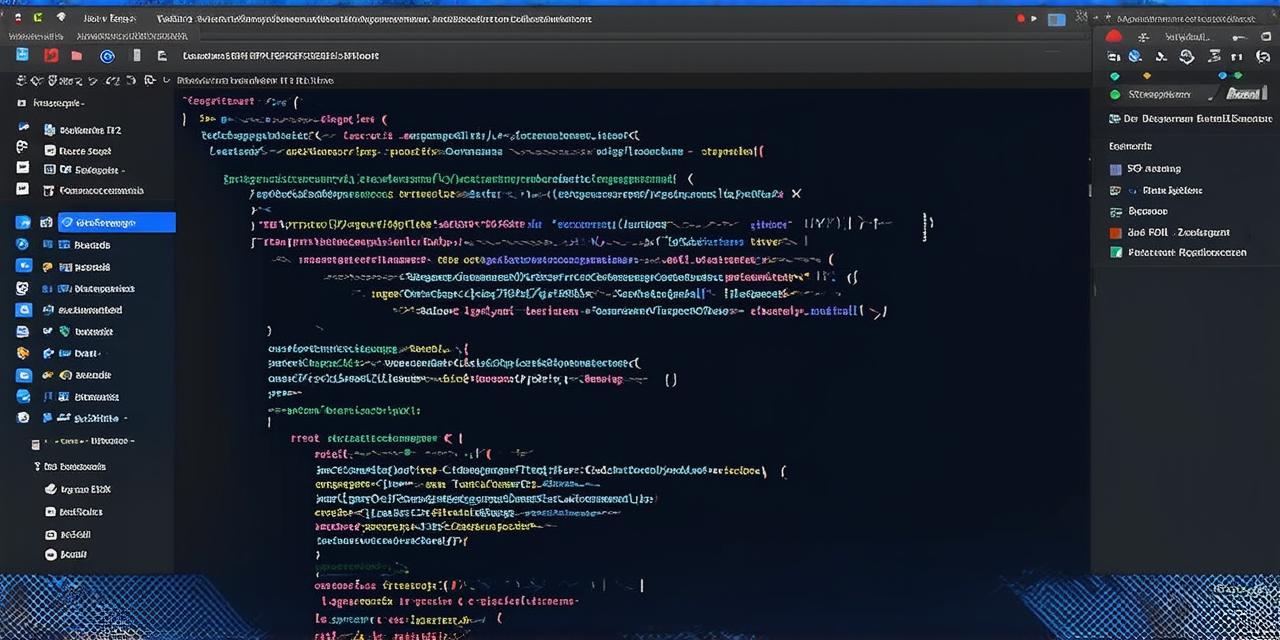
Outsourcing Game Development: Unlocking Innovation with ServReality
In the fast-paced world of gaming, staying ahead of the curve requires innovation, expertise, and flexibility. Outsourcing game development has emerged as a strategic solution for businesses looking to deliver high-quality games without compromising time or resources. ServReality stands out as a trusted partner in this space, offering comprehensive game development services tailored to your vision.
Why Choose Game Development Outsourcing?
Game development is a multifaceted process requiring skilled developers, designers, and project managers. Outsourcing allows businesses to:
- Access a global talent pool with specialized skills.
- Reduce development costs and optimize budgets.
- Focus on core business objectives while experts handle the technical aspects.
- Accelerate project timelines without compromising quality.
ServReality: Your Trusted Game Development Partner
ServReality has carved out a reputation for excellence in the field of outsourced game development. With a team of experienced professionals, the company provides end-to-end solutions, from concept design to final deployment. ServReality specializes in various platforms, including PC, mobile, AR/VR, and console games.
Our Key Services
- Full-Cycle Game Development: From ideation to release, ServReality covers every stage of the game development lifecycle.
- AR/VR Solutions: Innovative technologies to create immersive gaming experiences.
- Cross-Platform Development: Games that run seamlessly across multiple platforms.
- Customized Solutions: Tailored services to meet the unique needs of your project.
Benefits of Partnering with ServReality
Choosing ServReality for outsourcing game development offers numerous advantages:
- Expertise: A team of seasoned professionals with experience in cutting-edge technologies.
- Transparency: Clear communication and regular updates throughout the development process.
- Cost-Efficiency: Optimized costs without compromising on quality.
- Scalability: Flexible team sizes to match project requirements.
Understanding the Global Impact of Game Development Outsourcing
According to Wikipedia, outsourcing in the gaming industry has revolutionized how games are developed and delivered worldwide. Companies can leverage talent from diverse regions, ensuring a blend of creativity, technical prowess, and efficiency.
Real-World Success Stories
ServReality has successfully delivered numerous projects for clients across the globe. These games have not only met but exceeded client expectations, offering engaging experiences for players worldwide.
Future Trends in Game Development Outsourcing
As technology continues to evolve, trends like AI integration, blockchain gaming, and cloud-based development are shaping the future of gaming. ServReality stays ahead of these trends, ensuring clients are always equipped with state-of-the-art solutions.
Get Started with ServReality Today
Whether you’re a startup or an established gaming studio, outsourcing your game development needs to ServReality ensures high-quality results, faster time-to-market, and a seamless development experience. Trust the experts to bring your vision to life.
Explore more about ServReality and its wide range of services at https://servreality.com/

















